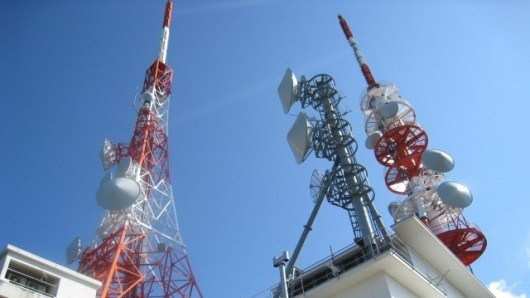No scientific evidence links telecom tower radiation with adverse health effects: Deora
Referring to World Health Organization (WHO) report the government on Friday said that “considering the very low exposure levels and research results collected to date, there is no convincing scientific evidence that the weak RF Signals from base stations and wireless networks caused adverse health effects.

Referring to World Health Organization (WHO) report the government on Friday said that “considering the very low exposure levels and research results collected to date, there is no convincing scientific evidence that the weak RF Signals from base stations and wireless networks caused adverse health effects.
“From all evidence accumulated so far, no adverse short or long term health effects have been shown to occur from the RF Signals produced by based stations”, Milind Deora, Minister of State for Communication and Information and Technology told Rajya Sabha.
WHO has recommended that ‘National authorities should adopt international standards to protect their citizens against adverse levels of RF fields. They should restrict access to areas where exposure limits may be exceeded.’ WHO has referred to the International Exposure Guidelines developed by International Commission on Non-Ionizing Radiation Protection (ICNIRP).
Department of Telecommunications (DoT), in the year 2008, adopted the Electro-magnetic Fields (EMF) norms prescribed by ICNIRP in respect of mobile towers.
Based on the recommendations of the Inter-Ministerial Committee, the Base Transmitting Station (BTS) radiation limits have been reduced to 1/10th of the limits prescribed by ICNIRP with effect from 01.09.2012. The Telecom Enforcement, Resource & Monitoring (TERM) Cells of DoT test upto 10 % of BTS sites randomly. Additionally, the BTS sites against which there are public complaints are also tested by TERM Cell.
To join us on Facebook Click Here and Subscribe to UdaipurTimes Broadcast channels on GoogleNews | Telegram | Signal


